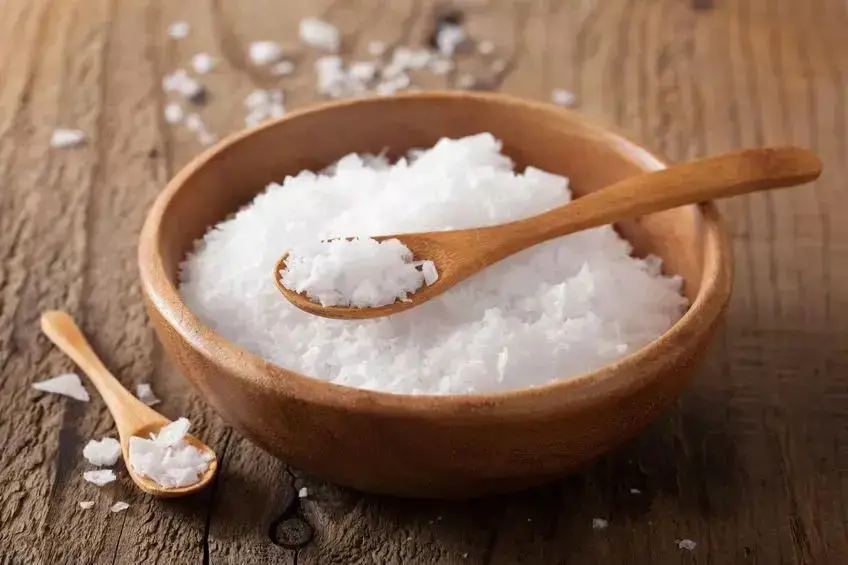Regardless of the race or continent, salt is a worldwide additive used in the preparation of a wide range of foods. Chinese salt has various uses, aside from flavoring is also used for preservation and was also used in ritual performances in ancient. In this article, we shall explore the uses of Chinese salt and more.
What is Chinese salt called?

The Chinese word yan – 盐 – yán (salt in Chinese) · Chinese salt is commonly referred to as Ajinomoto, meaning ‘essence of taste’ a name it was given since time immemorial. The chemical name of this salt is Monosodium glutamate which is made from glutamic acid. Unlike many beliefs, the name Ajinomoto is not the ingredient itself, but the name of a Japanese manufacturer of this salt that uses the name as a brand name for its monosodium glutamate.
Meaning of salt in China
Salt has a deeper meaning than just a food additive in China. Salt is a major factor in Chinese society and culture and is believed to be one of the seven necessities of life. It is also among the five basic flavors that form Chinese cuisine. Almost all foods prepared in china use salt.
Chinese salt history

Chinese salt is known to have been discovered in 3000 BC in Sichuan. Unlike many beliefs, the natural brine that contained salt was found underground and not in pools. This brine was discovered by the legendary Li Bing, who later instructed its drilling in 252 BC.
Also, salt was an important aspect of the Chinese economy as it contributed heavily to its economy. Emperors like Huangdi are pioneer legends in this salt trade which influenced the civilization of China immensely.
What was salt used for in ancient China?
Other than flavoring, Ancient china discovered that salt was useful in preserving food for a longer time, and it also helped control fermentation. This helped reduce the dependency on seasonal food by increasing its life span and also aided its transportation to longer distances. This inspired the making of delicacies like pickles, and sauces, which had salt as their main ingredient.
Salt symbolism in Chinese culture
In ancient china, they believed that there were seven necessities of life, and salt was one of them. Salt was attributed to being a major key in their survival. Also, salt symbolized purity and was used to wade off evil spirits.
Additionally, it symbolized the power of aristocracies, as just like metal, it was a valuable commodity that was passed mainly by the wealthy as it was used as a means of exchange.
Why was salt illegal in China?
In 2018, the Punjab food authority (PFA) banned Ajinomoto also known as Chinese salt after research proved that it was unsafe for consumption. According to the research, monosodium glutamate caused headaches, sweating, and nausea in consumers who were sensitive to it. Also, the long-term use of it could cause diseases like cancer, asthma, and epilepsy and could lead to infertility in women. Additionally, salt was found to have an additive that made consumers want more of it leading to unhealthy consumption of it.
How Chinese salt is made
Monosodium glutamate is produced through fermentation. Products like sugarcane, sugar beet, and molasses, are first extracted and turned into glucose. This solution is put in fermentation tanks and microbes are added. Microbes consume the sugar and release glutamic acid which is then turned into MSG through neutralization. The solution is then cleaned and crystalized and is ready for packaging. It is now Ajinomoto.
Conclusion
Chinese salt is a flavorful additive that gives Chinese cuisine a very unique flavor. However, it is important to note that Ajinomoto should be used in moderation to avoid negative side effects.